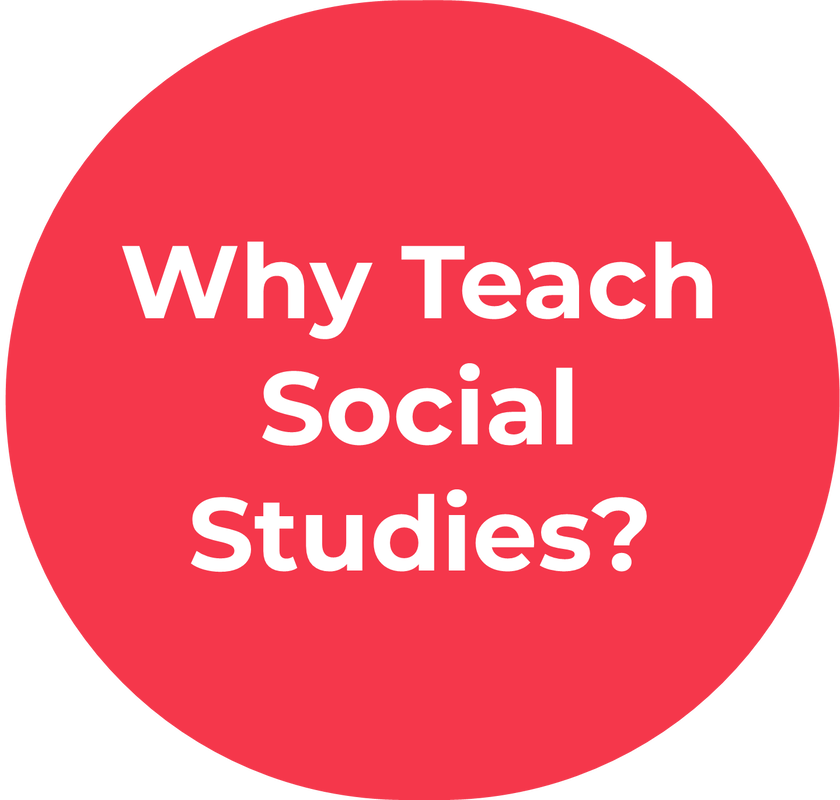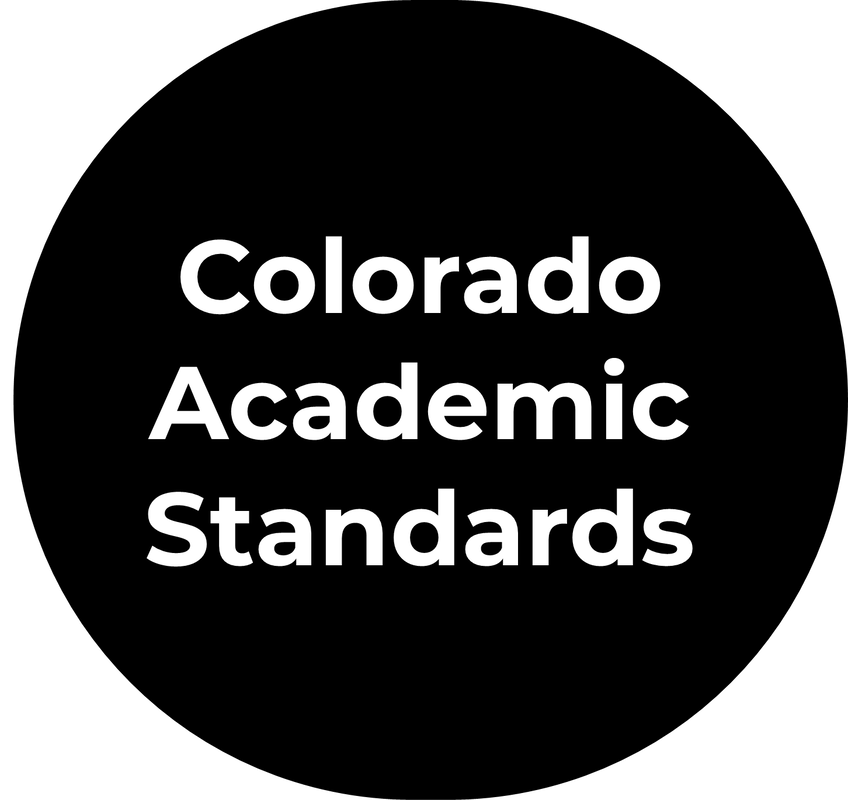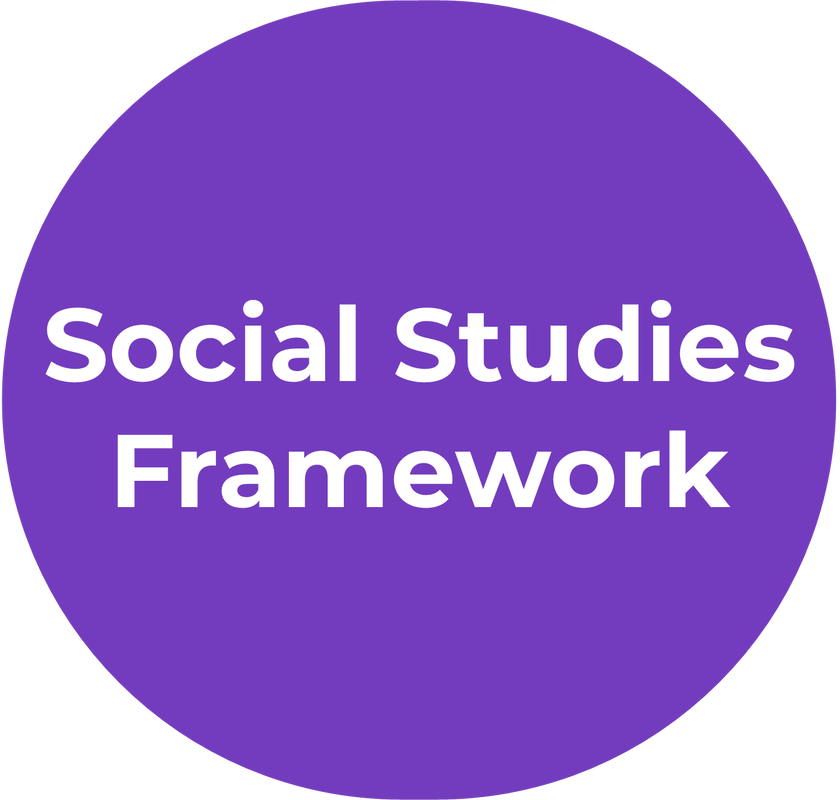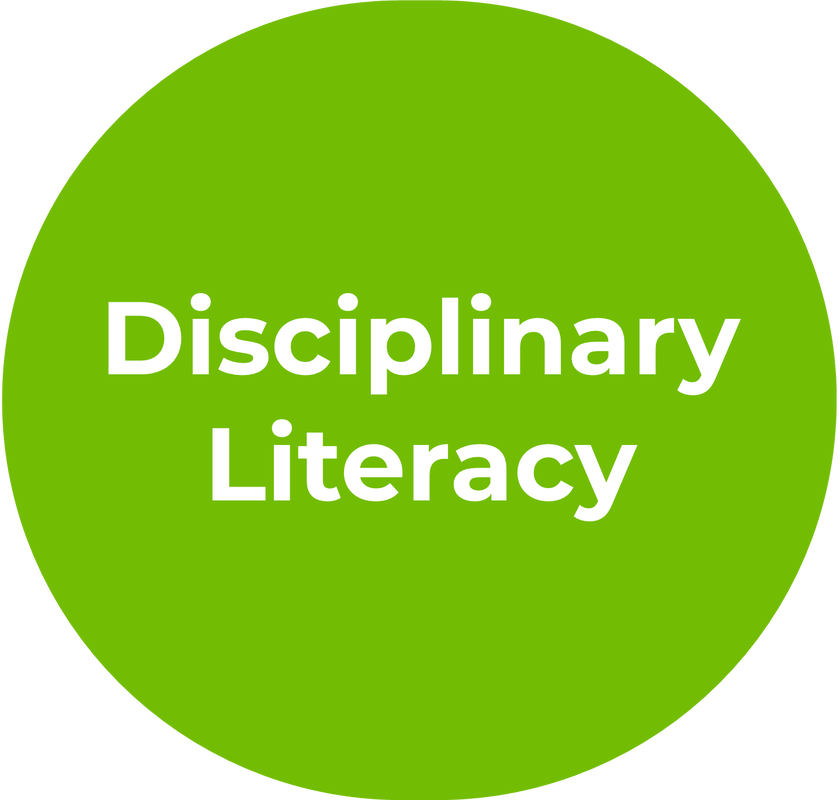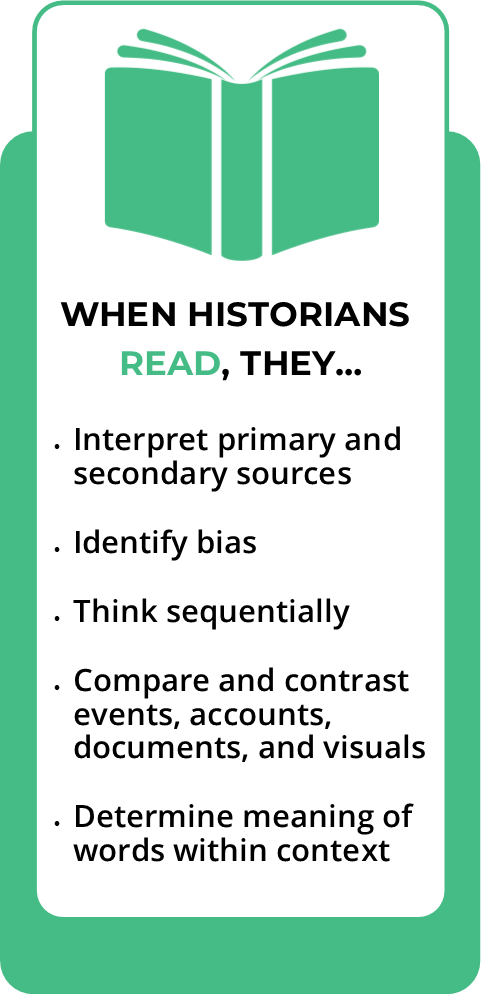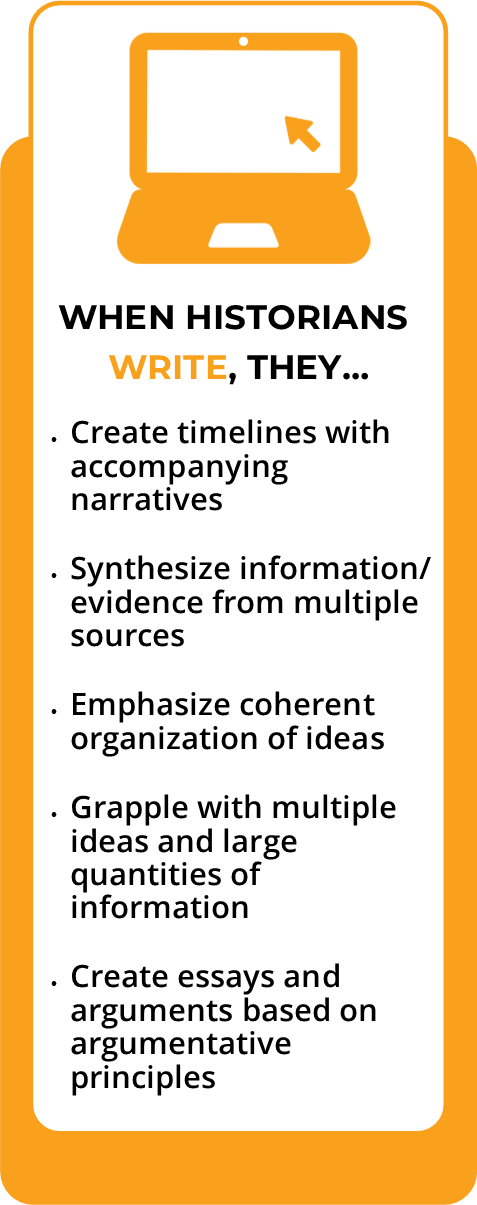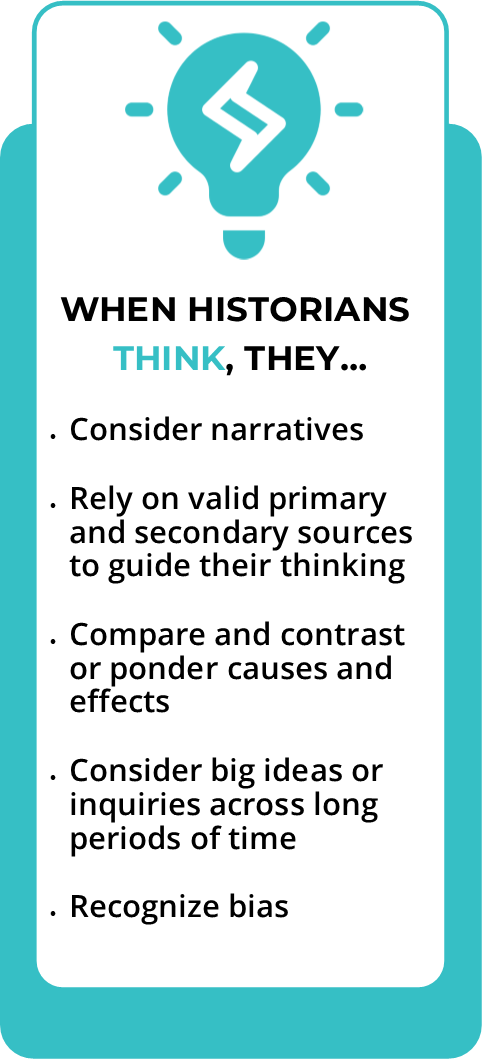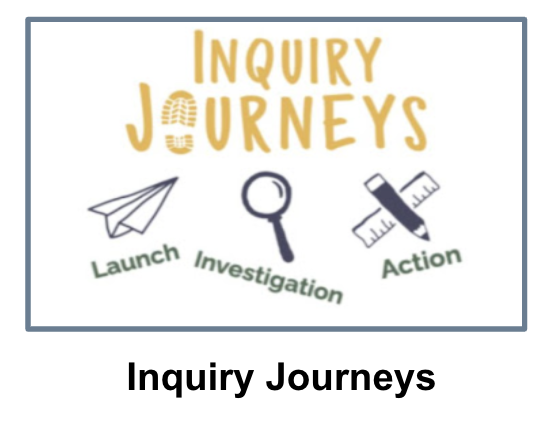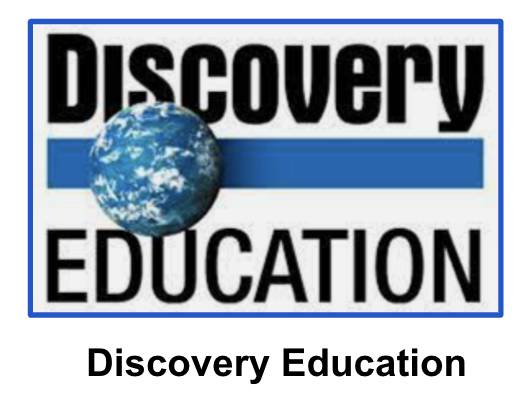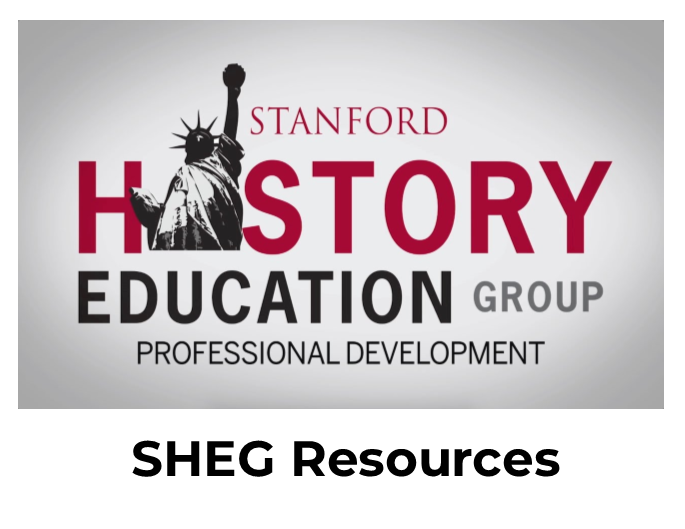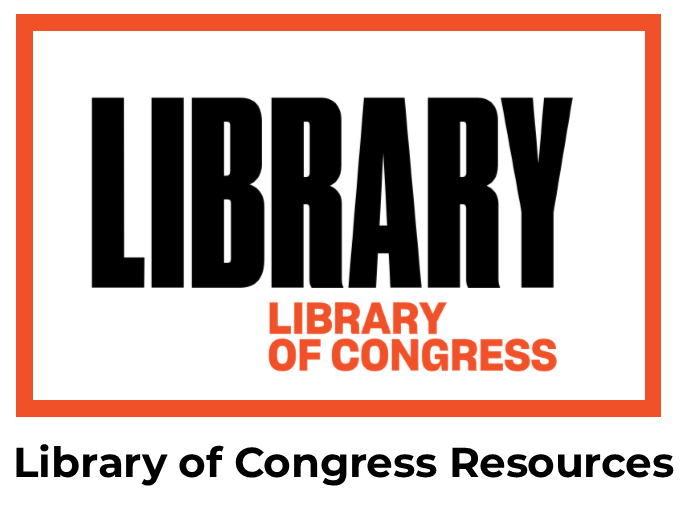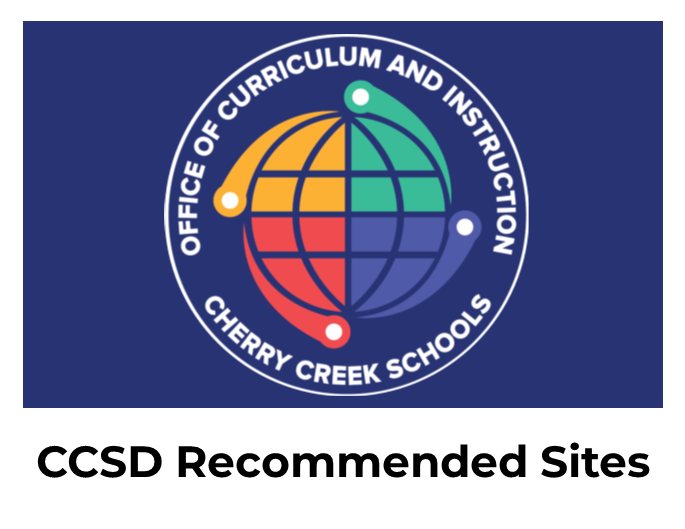Welcome to Social Studies
Click the buttons below for quick access to content
Click the buttons below for quick access to content
Thomas Jefferson and other founders of the republic emphasized that the vitality of a democracy depends upon the education and participation of its citizens. The need for an informed citizenry was the very impetus for the creation of free public education in the United States. If the nation is to develop fully the readiness of its citizenry to carry forward its democratic traditions, it must support progress toward attainment of the vision of powerful social studies teaching and learning (NCSS Position Statement, Social Education 80(3), pp 180–182 ©2016 National Council for the Social Studies).
Our contemporary social studies education is comprised of four disciplines: history, geography, economics and civics. Taken together, these disciplines are essential to understanding the complexity of the world. They provide the context and understanding of the human experience. They offer the crucial knowledge needed to create a framework for understanding the systems of society. The social studies provide cornerstone skills that are vital to opening doors for a more diverse, competitive workforce, and responsible citizenry. Those skills are critical thinking, self-assessment, reasoning, problem-solving, collaboration, research, and investigation to make connections in new and innovative ways as students progress through social studies education. The knowledge and skills provided through social studies are instrumental to preparing citizens to participate in our democratic society, to understanding the complexity of the world, and to comprehend the interdependencies that influence the present and shape the future.
Colorado's social studies standards lay out a blueprint of the essential disciplines necessary to fulfill Jefferson’s vision. The authors of this document are educators in preschool through twelfth grade, higher education professors, and community members. The group reviewed and made revisions to the original set of social studies standards, based on input from multiple resources.
Rigorous and relevant social studies include strategies and activities that engage students with essential questions and significant ideas as they encourage students to connect their learning to their prior knowledge and to current issues; to think critically and creatively about what they are learning, and to apply that learning to authentic situations. In addition, authentic social studies must be meaningful, integrative, value-based, challenging and active (Adapted from NCSS Position Statement, Social Education 80(3), pp 180–182 ©2016 National Council for the Social Studies).
Our contemporary social studies education is comprised of four disciplines: history, geography, economics and civics. Taken together, these disciplines are essential to understanding the complexity of the world. They provide the context and understanding of the human experience. They offer the crucial knowledge needed to create a framework for understanding the systems of society. The social studies provide cornerstone skills that are vital to opening doors for a more diverse, competitive workforce, and responsible citizenry. Those skills are critical thinking, self-assessment, reasoning, problem-solving, collaboration, research, and investigation to make connections in new and innovative ways as students progress through social studies education. The knowledge and skills provided through social studies are instrumental to preparing citizens to participate in our democratic society, to understanding the complexity of the world, and to comprehend the interdependencies that influence the present and shape the future.
Colorado's social studies standards lay out a blueprint of the essential disciplines necessary to fulfill Jefferson’s vision. The authors of this document are educators in preschool through twelfth grade, higher education professors, and community members. The group reviewed and made revisions to the original set of social studies standards, based on input from multiple resources.
Rigorous and relevant social studies include strategies and activities that engage students with essential questions and significant ideas as they encourage students to connect their learning to their prior knowledge and to current issues; to think critically and creatively about what they are learning, and to apply that learning to authentic situations. In addition, authentic social studies must be meaningful, integrative, value-based, challenging and active (Adapted from NCSS Position Statement, Social Education 80(3), pp 180–182 ©2016 National Council for the Social Studies).
|
2020 Cas - Social Studies Standards Introduction, https://www.cde.state.co.us/cosocialstudies/2020cas-ss-introduction
|
(Click on a grade level to open standards in a new window)
Elementary School
Middle School
High School
Disciplinary Literacy is prominent focus across all content areas in the 2020 Colorado Academic Standards. As teachers plan for successful experiences in their classrooms, they should therefore be taking into consideration the ways in which students develop competency in this area.
STEVEN KIDD
PI Partner of K-12 Social Studies
Instructional Support Facility (ISF)
720.554.5013
[email protected]
PI Partner of K-12 Social Studies
Instructional Support Facility (ISF)
720.554.5013
[email protected]
